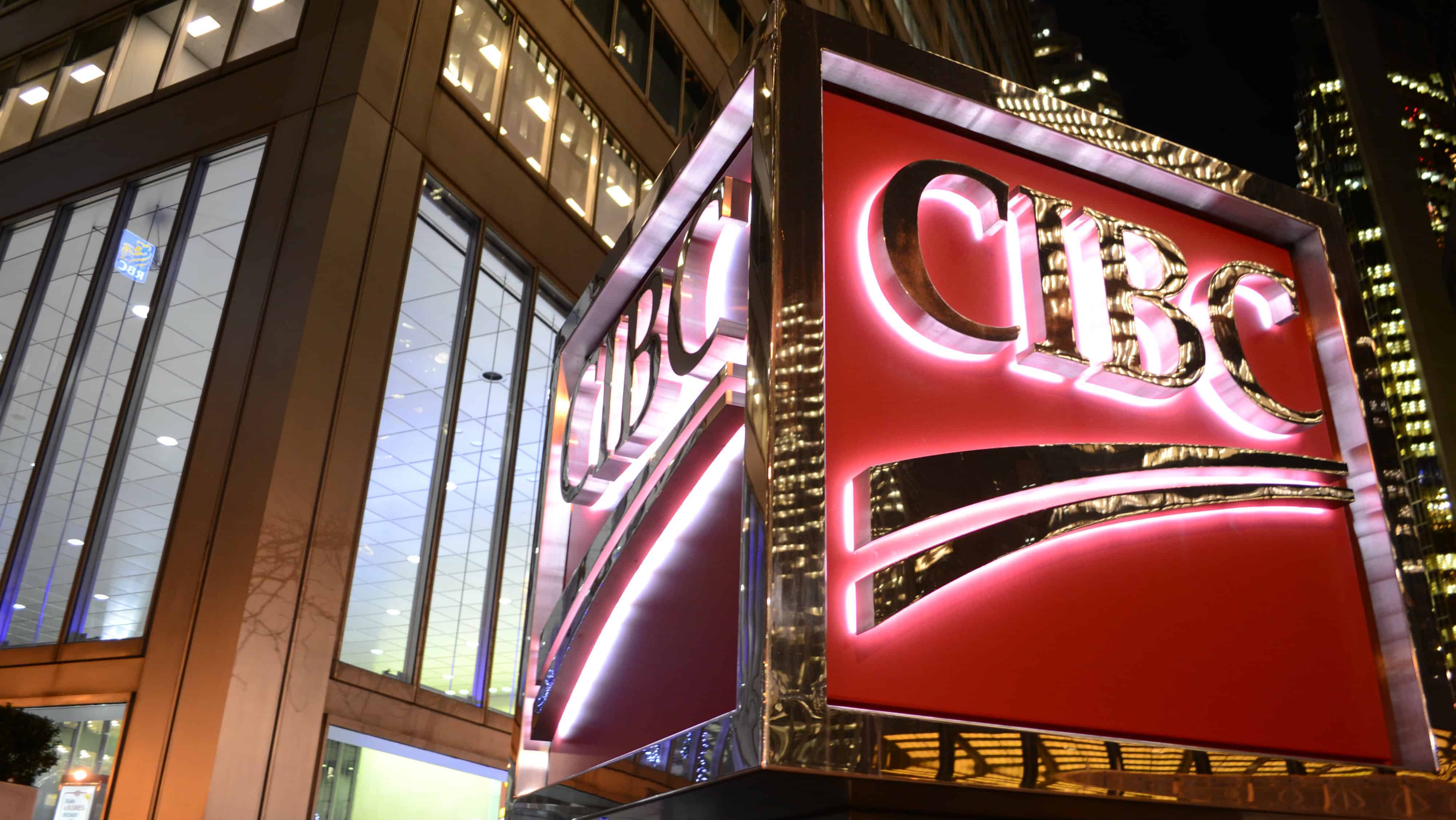Canada’s Big Five banks haven’t exactly been lighting the market on fire. Despite rising interest rates, only two of the top five have posted positive returns in 2018. The others have all posted negative returns and have trailed the broader market.
Which are the worst performing of the group? That would be Bank of Nova Scotia (TSX:BNS)(NYSE:BNS) and Canadian Imperial Bank of Commerce (TSX:CM)(NYSE:CM).
Year to date (YTD), Bank of Nova Scotia has lost almost 7% of its value. CIBC is not far behind, with its share price dropping approximately 6% YTD. Both are almost a full 10 points behind the performance of leader Toronto Dominion Bank.
Downgrades rule the day
This past week, Bank of Nova Scotia was downgraded by three separate analysts. All three downgraded the company from a buy to a hold rating. The company now has nine buys and four holds.
CIBC has recently received both an upgrade and a downgrade. The company now has seven buys and five holds.
Can investors expect more downgrades? It’s possible, as they are facing another headwind.
Issues in the Caribbean
There is trouble brewing in Barbados. This past week, a pretty significant event flew under the radar. The Caribbean country is at risk of defaulting on its debt obligations.
What does this have to do with Canadian banks? Three of the Big Five banks have operations in the country; CIBC, Bank of Nova Scotia, and Royal Bank of Canada. They are the largest lenders in the Caribbean and are exposed to the region’s weak economy.
If the Caribbean countries start to default on loans, the banks could be subject to significant impairment charges.
Missed payment
This past week, Barbados missed its interest payment on external debt. Furthermore, the country has reached out to the International Monetary Fund for assistance. This is not a good sign.
Although the Barbados government has only suspended payments, a default on current debt obligations may not be far behind. Rating agency Standard & Poor’s is quoted as saying that “a default on its local currency debt obligations is a virtual certainty.”
Most exposed
At the moment, CIBC is the most vulnerable to a Barbados default. The company’s FirstCaribbean arm is headquartered in the country, whereas Royal Bank and Bank of Nova Scotia’s regional operations are based in other Caribbean countries.
Likewise, Royal Bank and Bank of Nova Scotia have not disclosed their exposure to government debt. CIBC has stated that it has US$506 million worth of exposure to the government of Barbados. This is no small number.
CIBC wrote down $420 million of impaired losses on its Caribbean operations back in 2014. It even tried selling its unit without any success.
Downward pressure
Investors are encouraged to monitor the situation in the Caribbean. Although there have been no official defaults, it is certainly a headwind worth watching.
In the meantime, I expect those with significant exposure to the region to experience further downward pressure — CIBC in particular.







